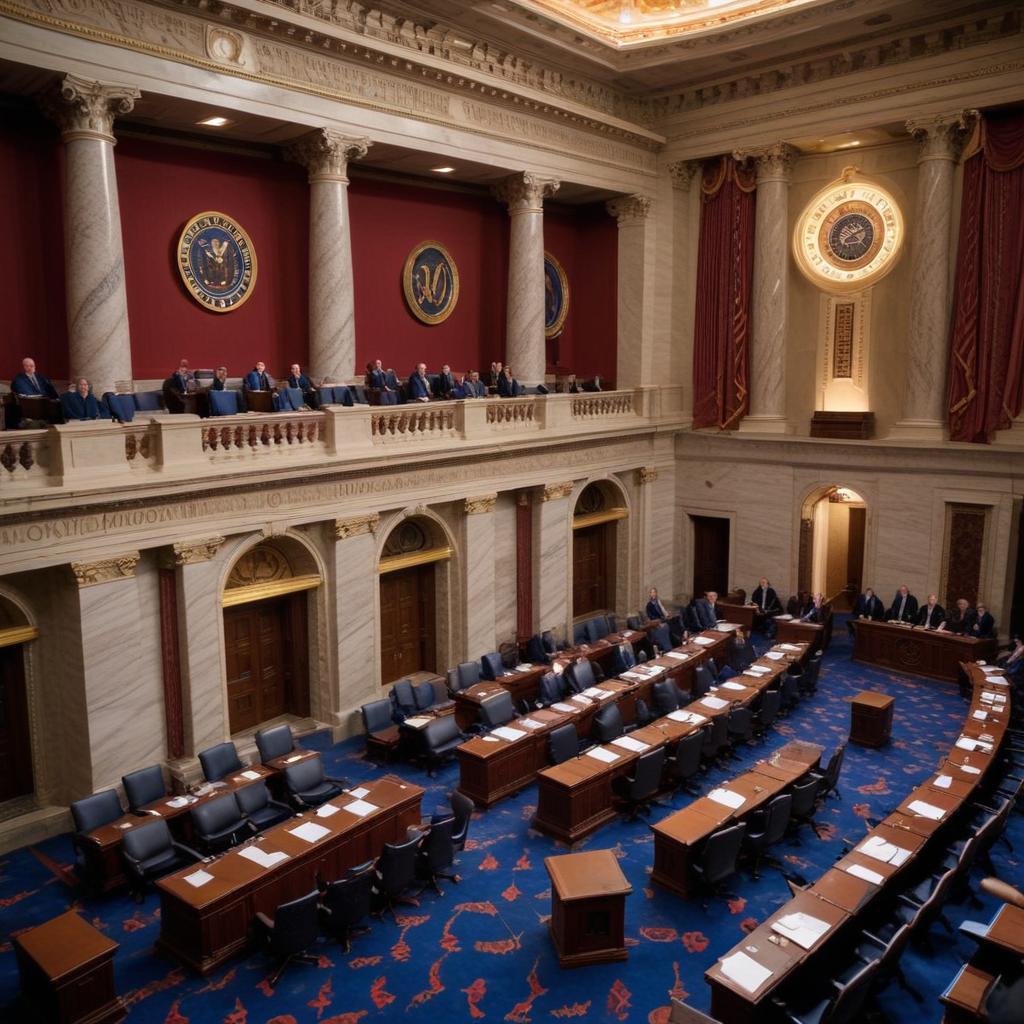The Senate passed legislation to end the 41-day government shutdown, with a deal brokered by a small group of moderate Democrats despite strong opposition from within their party, who criticized the agreement for not securing immediate health care tax credit extensions.
The U.S. Senate passed legislation by a 60-40 vote Monday to reopen the government, bringing the 41-day shutdown—the longest in history—closer to an end. The deal was ratified by a small group of five moderate Democrats who broke ranks with their party, despite widespread criticism from fellow Democrats, including Senate leader Chuck Schumer, who called the agreement a 'mistake.' The stalemate began over Democrats' demands to extend expiring health care tax credits, which Republicans refused. The breakthrough came when three former governors (Sens. Shaheen, Hassan, King) and two other Democrats agreed to advance spending bills, with Republicans promising a vote on health care subsidies by mid-December, though without a guarantee of success. The legislation reverses mass firings of federal workers, protects against further layoffs through January, and guarantees they will be paid once the shutdown concludes. President Donald Trump has signaled support, and the House of Representatives is expected to vote on the bill as early as Wednesday. Many Democrats, including the Congressional Progressive Caucus, condemned the deal as a 'betrayal' for failing to immediately address health care costs, while Republicans remain divided on the future of health care subsidies, with some open to extensions with changes and others advocating for an overhaul of the Affordable Care Act.



